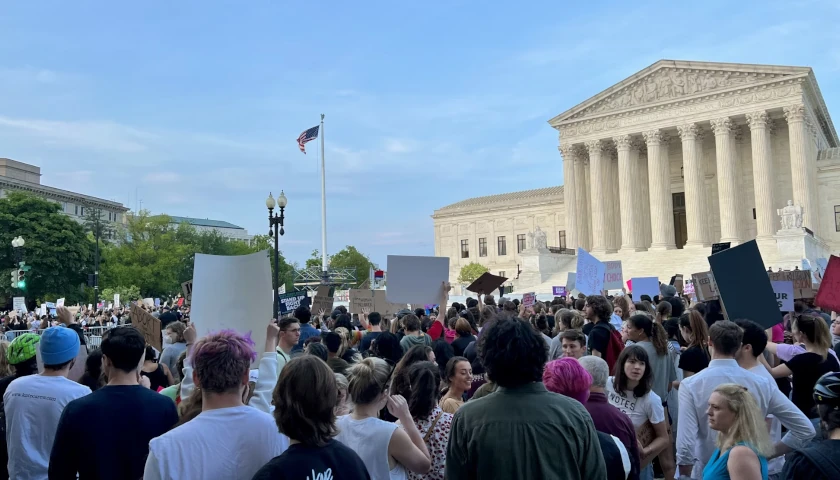By Natalia Castro
On June 13, 2016, Karrar Noaman Al Khammasi should have been deported. After violating the terms of his probation, this was the day an immigration judge determined Al Khammasi should no longer be in allowed to maintain his refugee status and live in his Colorado home. Instead, Al Khammasi took advantage of a legal loophole that allowed him to stay in the U.S. Now, Al Khammasi is being charged with shooting a Colorado police officer, Cem Duzel, after being involved in a dangerous shootout last week. Al Khammasi’s story sheds light on to deep rooted flaws in our immigration system.
The Gazette of Colorado explains, Al Khammasi, a native of Iraq, was granted refugee state in May 2012 and arrived in the country six months later. In 2014, Al Khammasi pleaded guilty to trespassing, soon after, Al Khammasi violated two-year probation and was sentenced to 18 months in prison.
In April 2016, Al Khammasi was paroled to the property of Immigration and Customs Enforcement (ICE) and was ordered for deportation in June 2016.
Four months later, immigration authorities argued that his trespassing conviction did not constitute an “aggravated felony” and there for his deportation proceedings must be terminated.
Under the Immigration and Nationality Act (INA) a lawful permanent resident convicted of an aggravated felony after entering the U.S. will be deported, these include “crimes of violence” for which the term of imprisonment is at least one year.
Al Khammasi’s controversy essentially revolved around the definition of a “crime of violence” and whether his trespassing charge could be labeled as such.
This was not just a controversy for Al Khammasi, in April the Supreme Court took up a similar case and held that the definition for a crime of violence was “unconstitutionally vague”. In a 5-4 decision, Justice Neil Gorsuch, President Trump’s first Supreme Court nominee, agreed with the left leaning Justices of the Court based on a precedent that an individual’s due process rights are violated by vague language in statutes.
Justice Kagan explained in the majority opinion, “The void-for-vagueness doctrine, as we have called it, guarantees that ordinary people have ‘fair notice’ of the conduct a statute proscribes. And the doctrine guards against arbitrary or discriminatory law enforcement by insisting that a statute provide standards to govern the actions of police officers, prosecutors, juries, and judges.”
While the Constitution affirms that every individual right to due process must be maintained, this presented an interesting dilemma in cases like that of Al Khammasi, now charged with shooting a Colorado police office in a violent shootout near a U.S. Olympic Training Center.
Had Al Khammasi been deported earlier this police officer would not be in critical condition in a Colorado hospital.
In order to ensure violent offenders like Al Khammasi can be removed from the country efficiently and effectively before committing further crimes, Congress must solve the problem of vague language in these statues. Agree or disagree with the Supreme Court ruling, it is what it is, and now it is up to Congress to fix the law.
President Trump explained via Twitter following the Supreme Court decision, “Today’s Court decision means that Congress must close loopholes that block the removal of dangerous criminal aliens, including aggravated felons. This is a public safety crisis that can only be fixed by Congress – House and Senate must quickly pass a legislative fix to ensure violent criminal aliens can be removed from our society.”
Congress has the power to write and rewrite the law, therefore by clarifying the language of crimes of violence, Congress can ensure individuals like Al Khammasi can be deported, instead of leaving it up to courts.
Individuals that pose a danger to the American people should not be allowed to take refuge in the U.S. and our laws must ensure that. It is ultimately the responsibility of Congress to ensure that this loophole in the law does not put the lives of our men and women in law enforcement at risk. The Supreme Court decision calling for Congress to reform the law was handed down in April, so the only question is why they have not acted already?
– – –
Natalia Castro is a contributing editor at Americans for Limited Government.




